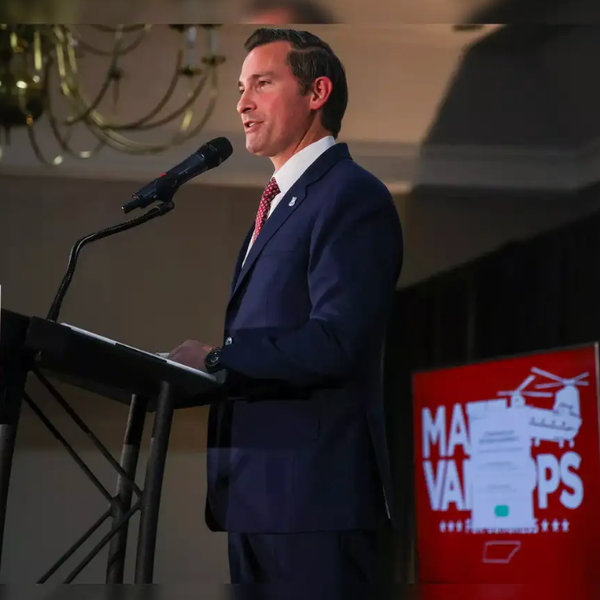
Reprinted with permission from Shareblue.
Trump Supreme Court nominee Brett Kavanaugh’s confirmation was already thrown into chaos when an anonymous allegation of sexual misconduct was made public this week. And now, Kavanaugh’s accuser has come forward to tell her story on the record.
The woman’s name is Christine Blasey Ford, now a 51-year-old research psychologist and professor at Palo Alto University. She has given her firsthand account of the incident to The Washington Post:
Ford said that one summer in the early 1980s, Kavanaugh and a friend — both “stumbling drunk,” Ford alleges — corralled her into a bedroom during a gathering of teenagers at a house in Montgomery County.
While his friend watched, she said, Kavanaugh pinned her to a bed on her back and groped her over her clothes, grinding his body against hers and clumsily attempting to pull off her one-piece bathing suit and the clothing she wore over it. When she tried to scream, she said, he put his hand over her mouth.
“I thought he might inadvertently kill me,” said Ford… “He was trying to attack me and remove my clothing.”
Ford said she was able to escape when Kavanaugh’s friend and classmate at Georgetown Preparatory School, Mark Judge, jumped on top of them, sending all three tumbling. She said she ran from the room, briefly locked herself in a bathroom and then fled the house.
According to the Post, Ford’s account is corroborated by therapists’ notes from 2012 and 2013, which Ford says were the first times she had discussed the incident in detail. In 2012, Ford discussed the attempted rape with a couples therapist. In 2013, she sought individual treatment for the long-term trauma that resulted.
Kavanaugh’s nomination was hanging by a thread even before the sexual assault allegation, following days of disastrous confirmation hearings.
During those hearings, Kavanaugh very publicly snubbed the father of a victim of gun violence.
He used the attacks of 9/11 to defend his view that presidents shouldn’t be investigated, and was suspiciously evasive under Sen. Kamala Harris’ (D-CA) questioning about the Mueller probe. Kavanaugh also refused to recuse himself from cases related to the Russia investigation.
In his testimony, Kavanaugh displayed callousness about the prospect of women dying as a result of anti-abortion laws, and demonstrated ignorance and hostility toward reproductive health care by repeating a false right-wing talking point that contraceptives are “abortion-inducing drugs.”
Democrats on the committee released a trove of emails that suggested Kavanaugh may have lied to Congress during his earlier confirmation hearings.
Those emails also showed Kavanaugh suggesting that Roe v. Wade is not “settled law” — contradicting the hollow assurance he gave prior to the hearings to Sen. Susan Collins (R-ME), who says she is pro-choice.
Trump and Republicans have spent several days trying to push back on the sexual assault accusation against Kavanaugh.
Sen. Chuck Grassley (R-IA), the chair of the Senate Judiciary Committee, released a letter from 65 women who said they’d known Kavanaugh since his high school days and could vouch for his character. But the letter was pulled together so suspiciously quickly, it raised questions as to whether Republicans had had advance warning about the allegations.
But now that Kavanaugh’s accuser has gone public with her story, Republicans — particularly “moderate” Republican women like Sen. Susan Collins (R-ME) and Lisa Murkowski (R-AK) — will have a difficult time explaining why Americans shouldn’t listen to her.
Published with permission of The American Independent.








